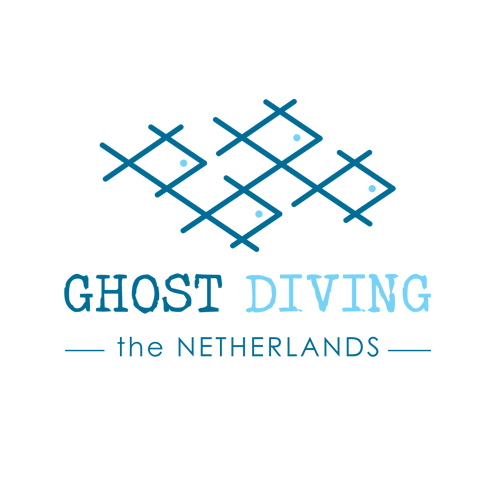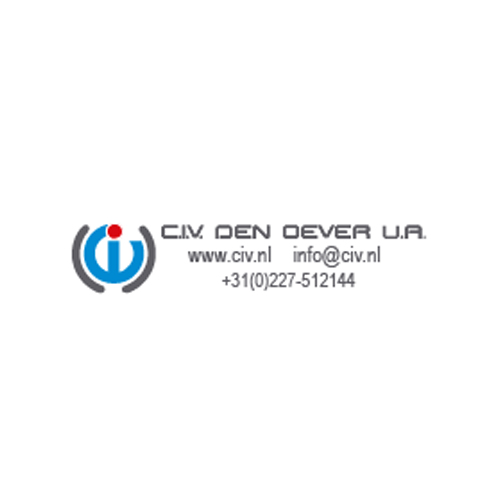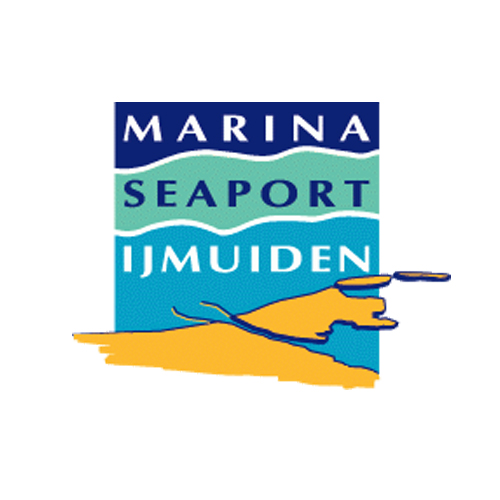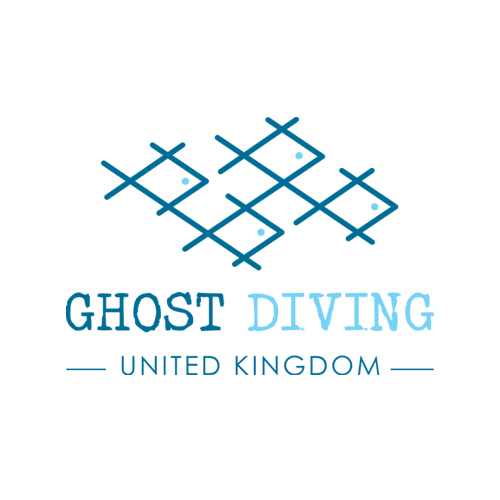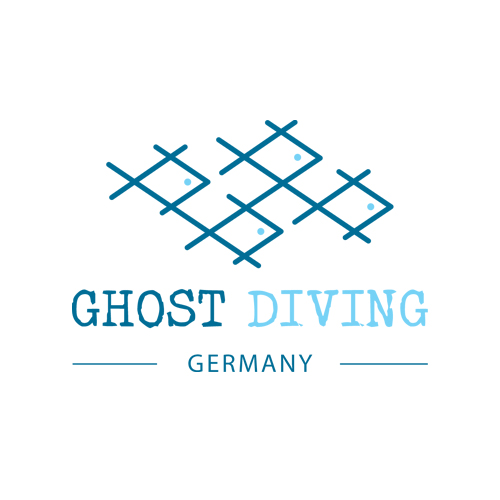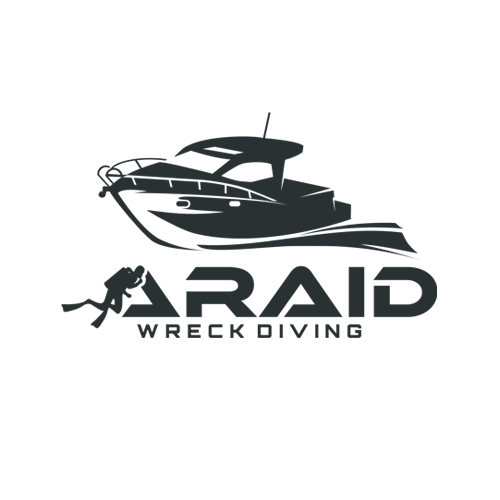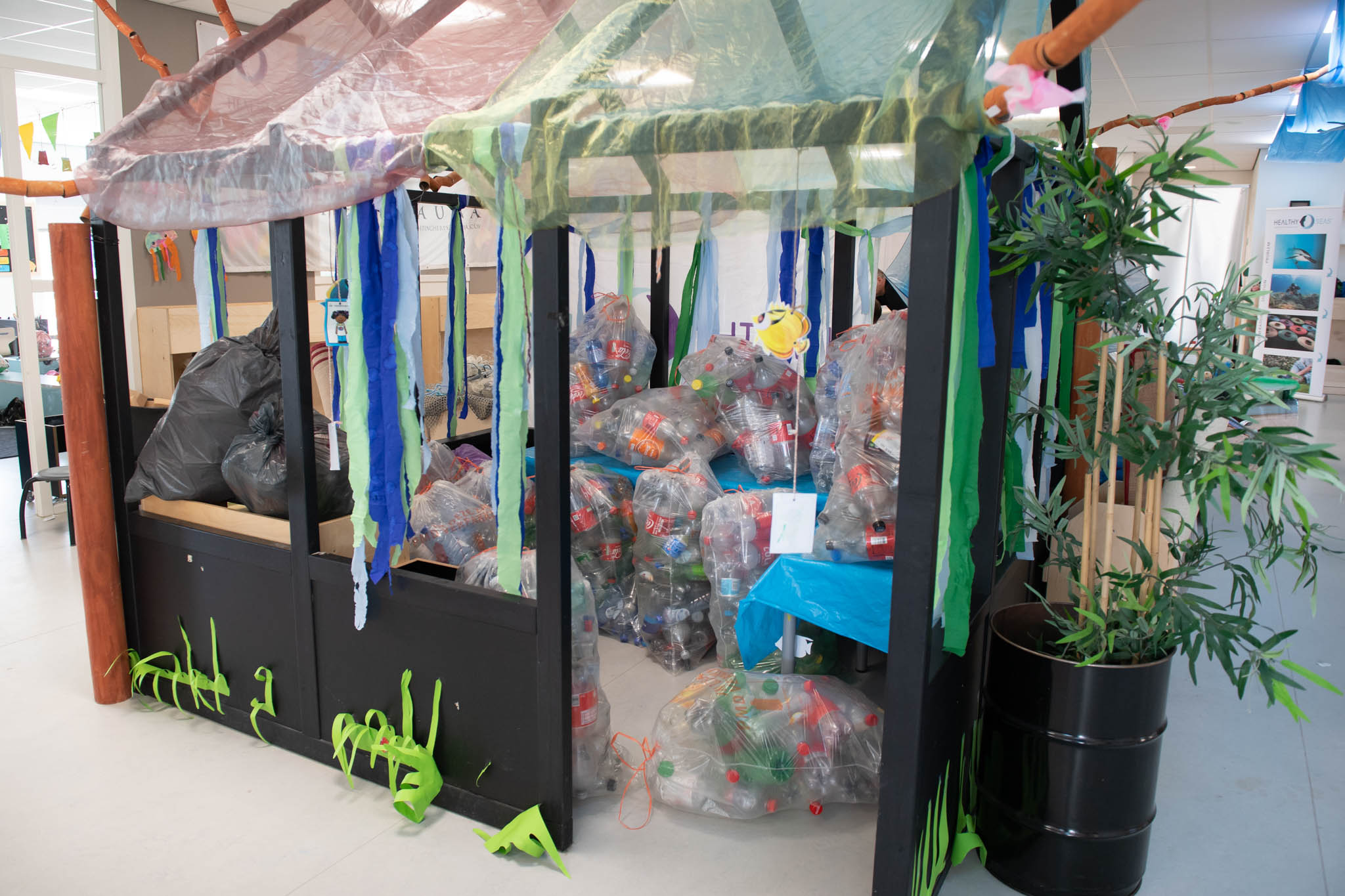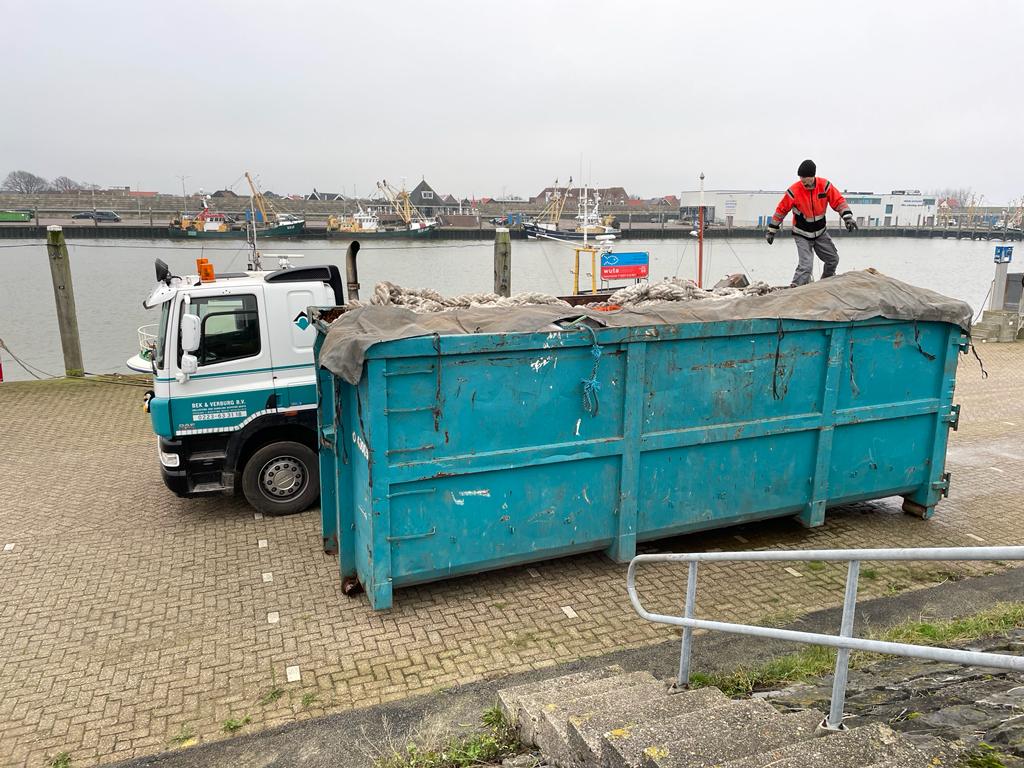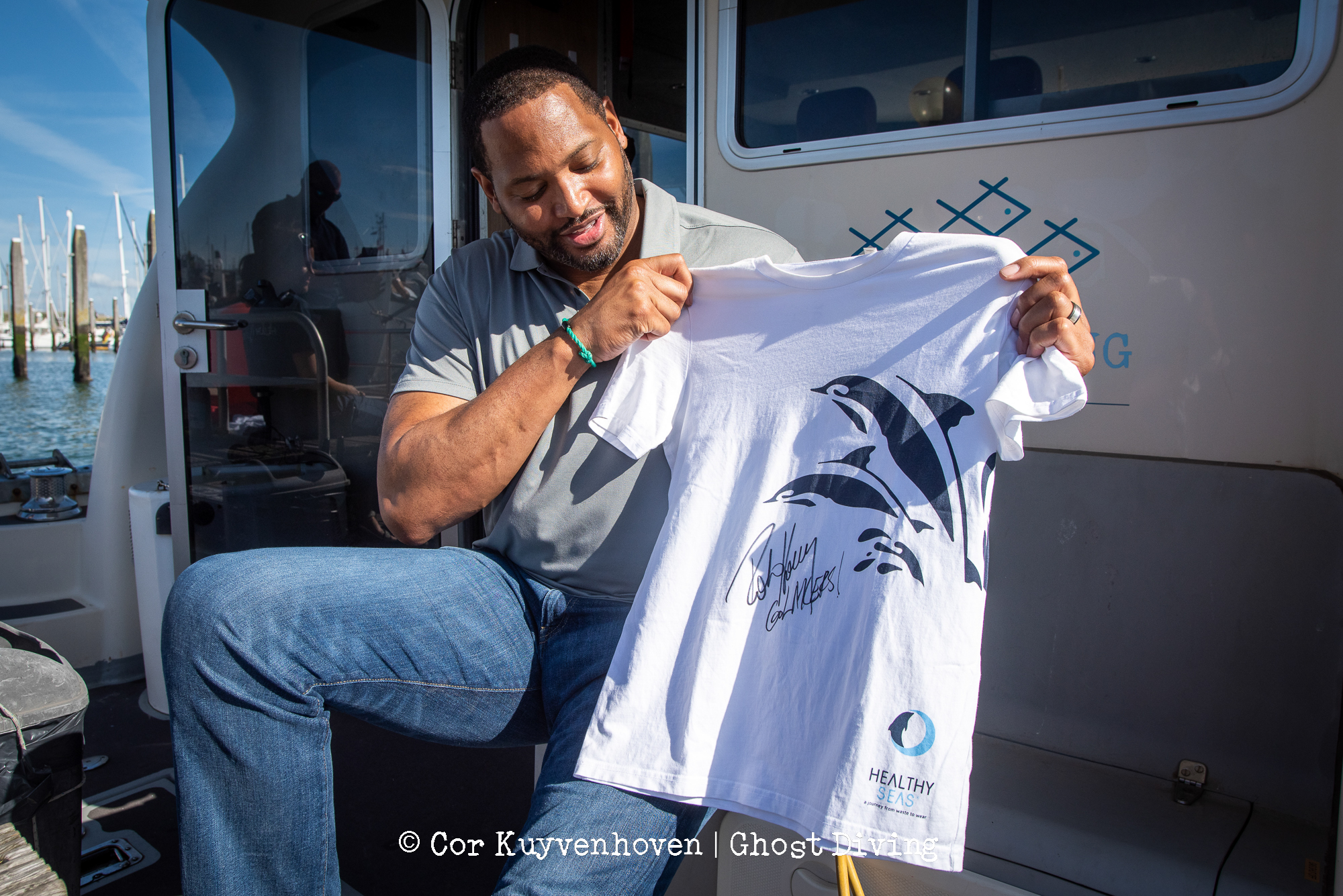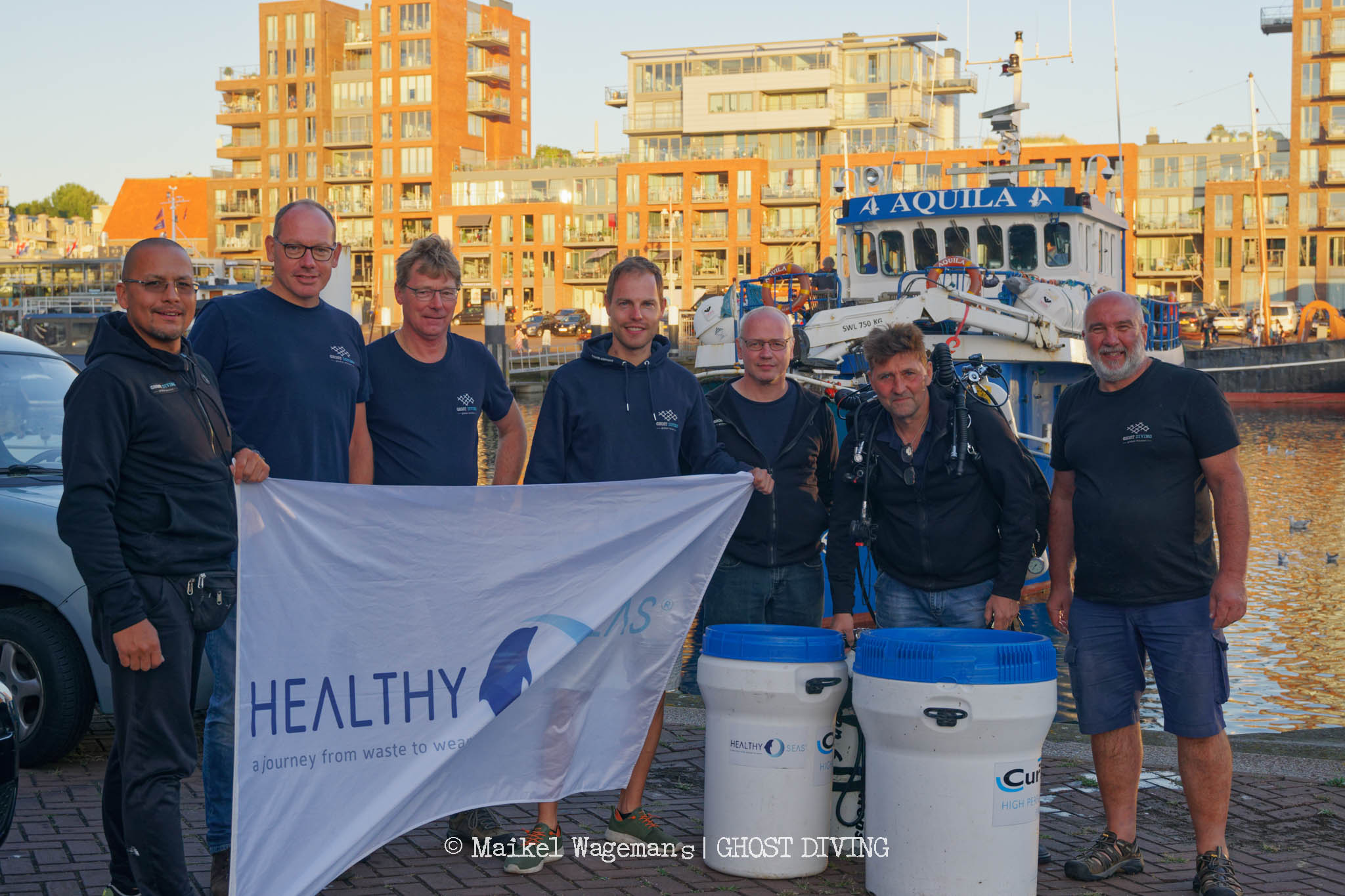North Sea
The North Sea is a relatively shallow and enclosed sea located in Northwestern Europe, bordered by several countries, including the United Kingdom, Norway, Denmark, Germany, the Netherlands, Belgium, and France. While the average depth is about 95 meters, it can reach up to 725 meters of depth. As well as the Baltic Sea it is relatively young and was formed around 20,000 years ago.
Being a very productive ecosystem, the North Sea is one of the most important fishing grounds globally. Due to its popularity as a fishing ground, the North Sea populations of fished species are threatened with overfishing. Conservation measures and quotas are in place to address this issue. A rich variety of plankton, seabed dwelling species, fishes, and seabirds live in the cold waters while marine mammals can be regularly sighted as well.
Germany
The German North Sea, part of the wider North Sea region, is characterized by its coastal beauty, maritime heritage, and ecological significance. Sylt, Norderney, Borkum, and Heligoland are some of the islands that can be found in the German North Sea or “Nordsee”.
This region faces environmental challenges caused by coastal erosion and the effects of global climate change including rising sea temperatures and sea levels. These changes can disrupt ecosystems, affect marine life, and lead to coastal flooding. Under the surface, nutrient runoff from agriculture and urban areas can lead to eutrophication, causing algal blooms and oxygen-depleted “dead zones”.
The diverse flora and fauna of the German North Sea are being protected through conservation areas and initiatives to safeguard biodiversity.
In 2021 surveys by wreck divers around the island of Norderney showed that pollution from fishing activity is affecting the ecosystem. Following this discovery 300 kgs of ghost fishing nets were removed from three wrecks during a special project: https://www.healthyseas.org/2021/09/21/press-release-three-hundred-kgs-of-ghost-nets-were-removed-from-wrecks-in-the-german-north-sea/. Divers observed plentiful sea life including squid and shark eggs attached on the nets around the wrecks and were able to release several animals from them.
The Netherlands
Ghost fishing is a severe threat to the ecosystem of the North Sea with a significantly negative impact on over-exploited fish species. In addition, large amounts of lost or abandoned plummets and hooks cause lead deposits that contribute to the pollution of the North Sea. With the abundance of wrecks, marine life finds shelter and a great habitat. Unfortunately, ghost nets often get snagged around these underwater structures and
The Ghost Diving The Netherlands team is led by Pascal van Erp, the founder of Ghost Diving and Deputy Director of Healthy Seas. The regional team is active with our first ghost gear retrieval vessel “MAKO” which was acquired with the help of a donation by DWS. Moreover, the experienced volunteer divers often meet up with other local volunteer groups around the world for joint missions.
Healthy Seas also works with fishermen at Den Oever harbour to prevent that their useless nets end up polluting the seas and oceans or being sent to landfills. In addition, education programmes take place in the Netherlands on a regular basis throughout the year to raise awareness in young minds about ghost nets and the circular economy as a solution to marine pollution.
United Kingdom
The British North Sea is a dynamic body of water that has shaped the United Kingdom’s history, economy, and culture. It is a region of both economic opportunity and environmental challenge, requiring sustainable management to ensure its long-term health and vitality. Alongside its use as critical trading route between Europe, Scandinavia and the UK, the British North Sea is renowned for its substantial oil and natural gas reserves. Therefore, this region is also under threat of oil spills alongside overfishing and climate change.
Bridging the gap between marine conservation and fisheries, the Ghost Diving UK volunteers often collaborate with fishers who have lost their fishing gear during bad weather conditions that become more and more frequent as global climate patterns continue to change. During one massive undertaking, the volunteer divers retrieved 600 fishing pots in Scotland. Find out more and view mission pictures: https://www.healthyseas.org/2022/06/20/600-fishing-pots-recovered-in-scotland/
MAKO: A boat that will help us fight ghost net pollution
DWS and Healthy Seas aim at protecting the seas and marine life while also raising public awareness about the problem of lost and abandoned fishing nets.
The Shortfin Mako
Videos from the North Sea
Our partners in the North Sea
Related News
School Fair with 500 kids in the Netherlands
Οn May 26th, our school fair in the Netherlands took place with 500 students and [...]
Another 15 tons of waste fishing nets shipped for recycling by C.I.V Den Oever
CIV Den Oever in the Netherlands was the first fishing community to work with us [...]
LA Lakers Legend, Robert Horry, joined us in IJmuiden
On August 2nd, we welcomed representatives of our partner DWS onboard our ghost net recovery [...]
A heavily polluted wreck in the North Sea finally considered clean, thanks to divers’ 10-year efforts
Working with two volunteer diving teams in the Netherlands, Healthy Seas was able to [...]
Together we can make
a positive impact for the planet!




